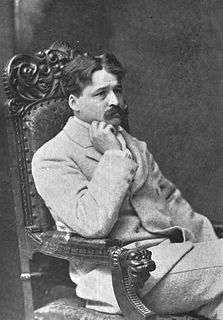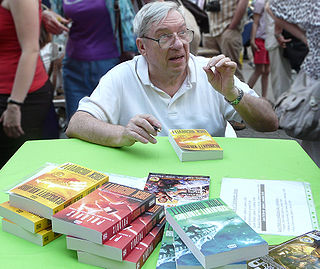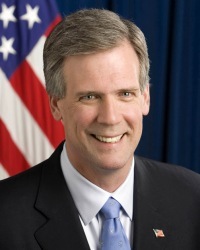A Quote by John Jay Chapman
A vision of truth which does not call upon us to get out of our armchair - why, this is the desideratum of mankind.
Related Quotes
Retreat is a response to the call of the heart-that call which beckons us toward reality, to the truth of our being, to that which is truly sane, really real and liberating ... When a group of people come together as a response to that kind of inward call, it creates a very powerful environment, where truth is held in the highest esteem and the reality of our being responds to that deepest intention.
Truth is always stranger than fiction. We craft fiction to match our sense of how things ought to be, but truth cannot be crafted. Truth is, and truth has a way of astonishing us to our knees. Reminding us, that the universe does not exist to fulfill our expectations. Because we are imperfect beings who are self-blinded to the truth of the world’s stunning complexity, we shave reality to paper thin theories and ideologies that we can easily grasp – and we call them truths. But the truth of a sea in all it’s immensity cannot be embodied in one tidewashed pebble.
There's only one why. You only have one why, and your why is fully formed by the time you're 17, 18 or 19years old, maybe even earlier. The rest of your life are simply opportunities to either live in or out of balance and the career choices we make and the decisions we make in our lives either put us in balance with our why, which makes us happy, fulfilled and inspired. Or it puts us out of our why, which makes us frustrated, stressed out and sometimes we fail.
But compassion is a deeper thing that waits beyond the tension of choosing sides. Compassion, in practice, does not require us to give up the truth of what we feel or the truth of our reality. Nor does it allow us to minimize the humanity of those who hurt us. Rather, we are asked to know ourselves enough that we can stay open to the truth of others, even when their truth or their inability to live up to their truth has hurt us.
Christianity can be described as a theological materialism: It is that which transforms our material existence. If our faith does not throw us into the arms of the world, if it does not lead to our experience of responsibility, love, celebration, and our commitment to transformation, then, whatever we call it, we have nothing but an empty shell.
The compelling drive to get at the truth is what improves us all as psychologists and is part and parcel of intellectual integrity. But I do urge that we not let the drive for honesty put blinders on us and cut off our range of vision so that we miss the very thing we set out the understand - namely, the living human being.
It has always been one of my unclerical sermons to myself, that that remark which Peter made on seeing the vision of a single hour, ought to be made by us all, in contemplating every panoramic change in the long Vision we call life... "It is good for us to be here - it is good for us to be here", repeating itself eternally.
Though there is a benevolence due to all mankind, none can question but a superior degree of it is to be paid to a father, a wife, or child. In the same manner, though our love should reach to the whole species, a greater proportion of it should exert itself towards that community in which Providence has placed us. This is our proper sphere of action, the province allotted us for the exercise of our civil virtues, and in which alone we have opportunities of expressing our goodwill to mankind.
Christianity does not claim to convey merely religious truth, but truth about all reality. This vision of reality is radically different from a secularist vision that wants Christianity to scuttle into the corner of the hearth by the coal shovel, conveniently out of the way of anything but private religious concerns
Our heroes are simple: they are brave, they tell the truth, they are good swordsmen and they are never in the long run really defeated. That is why no later books satisfy us like those which were read to us in childhood - for those promised a world of great simplicity of which we knew the rules, but the later books are complicated and contradictory with experience; they are formed out of our own disappointing memories.







































